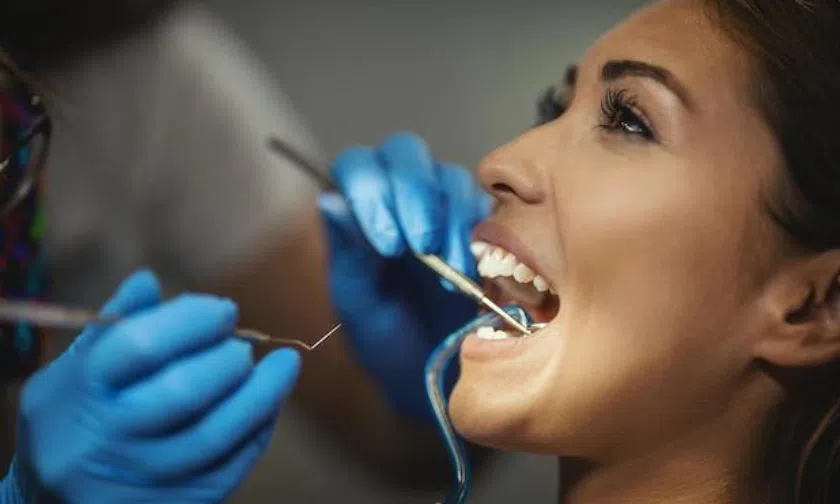Periodontal disease, or gum disease, is a common oral health issue affecting many individuals. Recognizing the symptoms of periodontal disease is essential for early detection and prompt treatment.
You must know some common signs and symptoms of periodontal disease.
From gum inflammation and bleeding to persistent bad breath and receding gums, understanding these symptoms will help you take proactive steps toward maintaining optimal oral health. If you detect any one of the symptoms, you must consult a dentist in Summit, IL, promptly.
- Gum inflammation
Gum inflammation, characterized by redness and swelling, can contribute to loose or shifting teeth. When gums are infected or irritated due to periodontal disease, the supporting tissues around the teeth can weaken. Prompt treatment is necessary to address gum inflammation and prevent further damage to the tooth’s stability. Seeking professional dental care is crucial in such cases.
- Gum bleeding
Gum bleeding is a concerning symptom often associated with loose or shifting teeth. When gums are inflamed or infected due to periodontal disease, they become more susceptible to bleeding, especially during brushing or flossing. Addressing gum bleeding promptly is essential to prevent further damage to the teeth and gums and maintain optimal oral health. Seeking professional dental care is recommended.
- Persistent Bad Breath
Persistent bad breath can be problematic, especially when accompanied by loose or shifting teeth. It may indicate underlying periodontal disease. The bacteria in infected gums can produce foul-smelling gases, leading to chronic bad breath. Addressing the root cause of gum disease can help eliminate bad breath and preserve oral health. Seeking professional dental evaluation is advised.
- Tooth Sensitivity
Tooth sensitivity is a common symptom often observed with loose or shifting teeth. When gums recede due to periodontal disease, tooth roots become exposed, which increases sensitivity. Hot or cold temperatures and certain foods can trigger discomfort. Seeking dental care promptly can help alleviate sensitivity and prevent further tooth damage.
- Loose or shifting teeth
Loose or shifting teeth are concerning signs that should not be ignored. In the case of periodontal disease, bone loss weakens the tooth’s foundation, leading to mobility. If you notice your teeth becoming loose or experiencing changes in their alignment, it’s crucial to seek dental attention promptly. Timely intervention can help preserve your oral health and prevent tooth loss.
- Receding Gums
Receding gums are a significant concern, particularly when discussing loose or shifting teeth. Periodontal disease can cause gums to pull away from the teeth, exposing the tooth roots. It not only leads to sensitivity but also compromises the stability of the teeth. Timely dental intervention is crucial to address receding gums and prevent further tooth problems.




